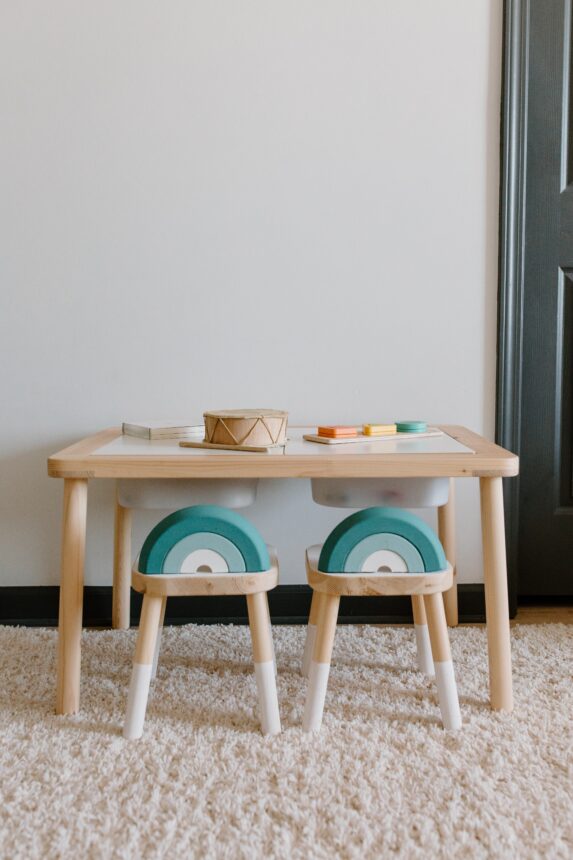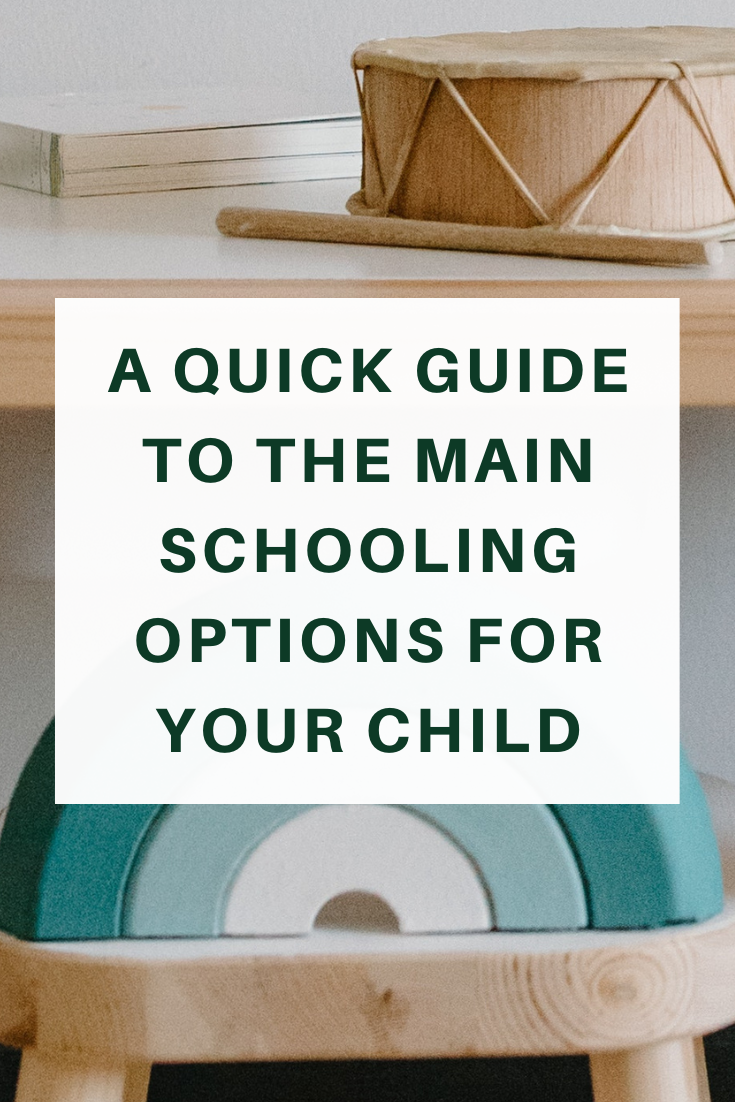It is vital children get a suitable education. However, a suitable education does not mean the same for everyone and certainly does not always mean school. The challenge is figuring out what that means for each individual in practice. No two children are the same, not even in the same family (not even if they’re twins). No two families are the same either. Fortunately, there are plenty of schooling options to choose from though. Here is a quick guide to the main ones…
State schools
State schools are often considered as the default education choice and is the most common of the schooling options. Since you’re paying for them anyway, they are at least worth considering in many cases. For some people, the issue with state schools is that their quality can be hugely variable, and catchment areas can be very specific, with the most popular schools heavily oversubscribed. This means that getting your child into your preferred school can be tricky or feel like a lottery.
The other issue is that the school system doesn’t fit everyone. I am sure you have heard the phrase about trying to bash a square peg into the round hole! And even with dedicated staff doing their best, they simply may not have the resources available to fully meet your child’s needs.
In summary, there are many reasons why you might want to have a Plan B in terms of schooling options. Or why state schooling may not even be your Plan A.
Real-world private schools
Many private schools work along similar lines to state schools. The advantage is that classes tend to be much smaller, which means that your child may find it better suited to their needs and they may get more focused support with their learning.
This is not the fault of the actual state schools themselves, they simply are not given enough budget and funding, but private school facilities and resources also tend to be higher quality and more varied than in many state schools. Private schools will also typically offer a wide range of extracurricular activities and days out, and arguably they may also offer a richer cultural experience. For example, a private boarding school may teach pupils from many different countries.
Some private schools may specialise in particular areas. Performing arts schools and sports academies are probably the most famous examples of this, but there are plenty of others. If your child has a real passion for an activity, then a private school may be the best place for them to develop it.
The other reason why people opt for private school is if they are looking for an alternative style of education compared to the state school system. Steiner school approach is one example, or forest schools that focus on outdoor learning is another, but there are many other examples too.

Online private tutors and private schools
Online private tutors have been around for as long as broadband, whereas online private schools are a more recent development. They were, however, around long before the pandemic, which means that some of them are very well established.
The quality of online tutors and online schools can be very variable. Therefore, as with anything, do some careful research and try to get personal recommendations. It can be useful to talk to parents whose children have similar needs when deciding whether a tutor or online school is a good fit. Also, be sure to check thoroughly what qualifications and experience the tutors have, as this may not be scutinised in the same way hiring staff in a real world would be, so would need to be done yourself.
The big difference though is that you’re more in the driving seat with online schools and tutors, rather than being dependent on a postcode lottery. Assuming you pick a reputable tutor or school, academically, you can expect the same standards as in real-world private schools.
There are, however, some potential drawbacks to online teaching. Sometimes resources maybe sent out to you as part of the package, but if not you’ll need to provide these and any other practical facilities your child needs. This includes dealing with messy activities like art as well as technical ones like science at home of course!
Homeschooling yourself
Homeschooling is usually referred to as home education in the UK. This is to make the distinction that we are not trying to replicate school at home, unless that is the chosen approach taken by individuals of course. There are many different styles of home education and one of the biggest draws is that it can be completely tailored to the child with great amounts of flexibility. You get to spend a whole lot of time with each other during those precious formative years, which can be a real blessing at times. Plus there are also home ed activities and groups available; most areas have a thriving home educating community.
Keep in mind, however, that it is also a huge commitment in terms of both time and energy. It does take a fair amount of dedication! You need to be able to recognise your own needs and limits too. Plus the cost of giving up a salary maybe more than the expense of private schooling, depending on your career. Of course this point maybe irrelevant, depending on your reasons for home educating; but it is another point to consider. All that said, there are plenty of benefits to going down that route out of all the possible schooling options, for both parent and child.
*This is a collaborative post

